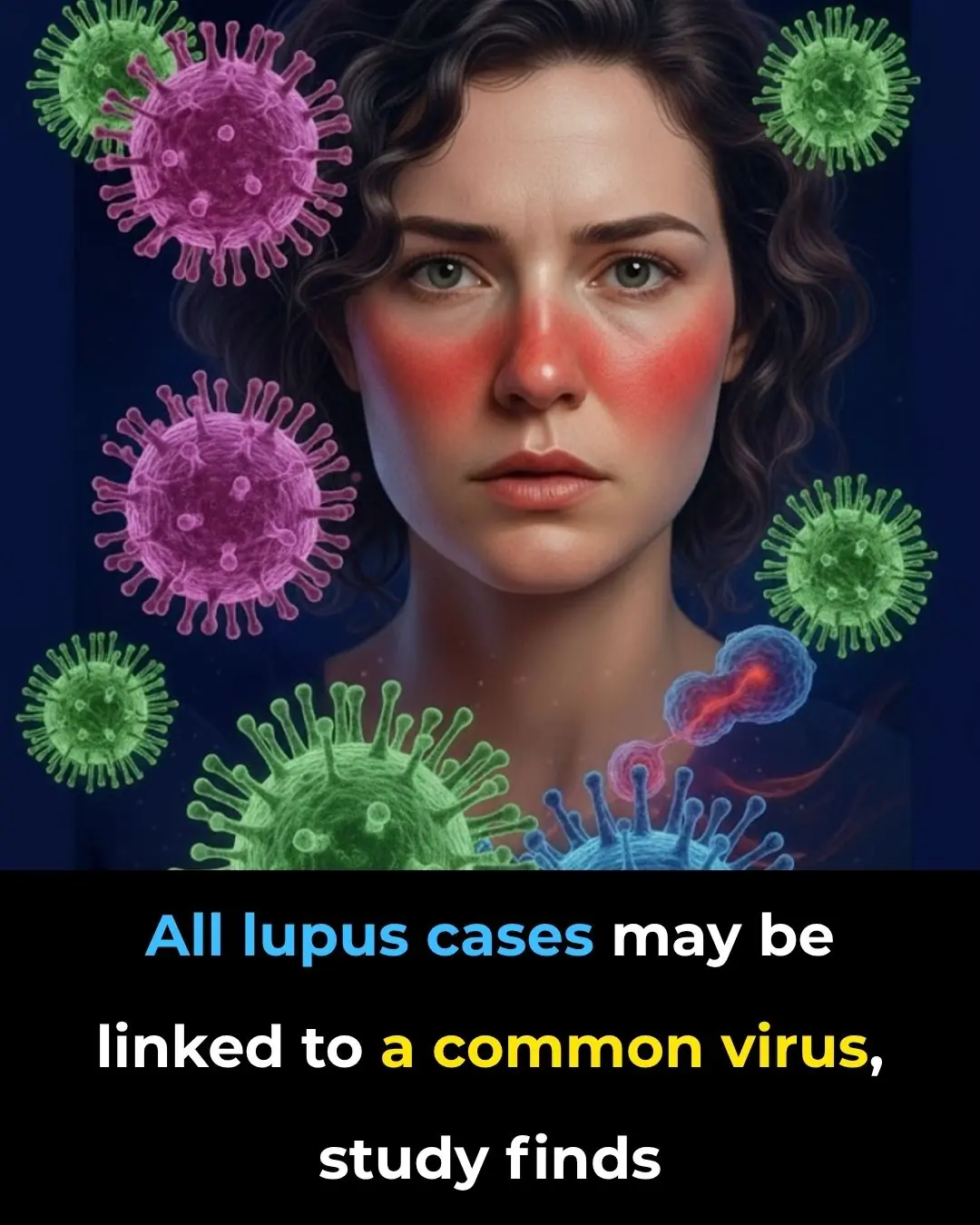
How to Survive a Heart Attack When You’re Alone: Immediate Steps You Must Take!

Heart attacks remain one of the leading causes of death across the globe, often associated with risk factors such as poor diet, obesity, diabetes, high blood pressure, smoking, and family history. Knowing how to recognize the warning signs and understanding what actions to take immediately—especially if you are alone—can dramatically increase your chances of survival. This guide explains the symptoms to look for and the essential steps to follow in an emergency.
Key Takeaways
-
Learn to identify the early symptoms of a heart attack.
-
Call emergency services right away—every minute counts.
-
Chew aspirin only if instructed by the emergency dispatcher.
-
Stay calm and position your body to make breathing easier.
-
Avoid eating or drinking until professional help arrives.
Understanding Heart Attacks
A heart attack occurs when blood flow to a part of the heart becomes blocked, typically due to plaque buildup in the coronary arteries. This plaque consists of cholesterol, fatty substances, and other debris. When a blockage prevents oxygen-rich blood from reaching the heart muscle, the tissue begins to die. Without rapid treatment, this can lead to long-term damage, life-threatening complications, or death.
In some cases, heart attacks happen suddenly; in others, they develop gradually with mild discomfort that worsens over time. That’s why recognizing even subtle symptoms is critical.
Common Symptoms of a Heart Attack
Being able to identify the early signs of a heart attack can save your life. Symptoms may vary from person to person, and women or people with diabetes may experience less typical warning signs.
Common symptoms include:
-
Chest Discomfort: Often described as pressure, squeezing, fullness, or heaviness. Some people compare it to an “elephant sitting on the chest.”
-
Radiating Pain: Discomfort may spread to the arms, back, jaw, neck, or upper stomach.
-
Breathing Difficulties: Shortness of breath, even when at rest or with minimal movement.
-
Cold Sweats: Sudden sweating for no clear reason.
-
Nausea or Indigestion: Some individuals mistake these symptoms for food poisoning or acid reflux.
-
Dizziness or Lightheadedness: Feeling faint, weak, or unsteady.
-
Fatigue: Unusual or unexplained tiredness, which can be particularly common in women.
-
Irregular Heartbeats: Heart fluttering, palpitations, or a racing heartbeat.
People with existing heart disease, high blood pressure, diabetes, or a family history of heart problems are at increased risk. Lifestyle factors—such as smoking or lack of physical activity—also play a significant role.
Immediate Steps to Take
If you suspect that you’re experiencing a heart attack while alone, act immediately. Time is a critical factor.
1. Call Emergency Services
Dial 911 (or your local emergency number) right away. This is the most important action you can take. Do not try to drive yourself to the hospital—emergency responders can provide life-saving treatment before you even arrive.
2. Stay on the Line
Do not hang up. Keep talking to the dispatcher, who can give you real-time instructions based on your symptoms and location. They may also help keep you calm.
3. Chew Aspirin (If Told To)
Only chew aspirin if the dispatcher specifically instructs you to do so. A single 325 mg tablet or two 81 mg baby aspirins may help slow blood clotting. Chewing allows quicker absorption into your bloodstream.
4. Remain Calm
Anxiety can worsen chest pain and make breathing more difficult. Focus on slow, deep breaths to reduce stress.
5. Position Yourself Safely
Lie down or sit in a comfortable position with your knees slightly bent. This can ease pressure on the diaphragm and improve breathing. If lying down, consider elevating your legs with a pillow or a chair.
6. Avoid Food and Drinks
Do not eat or drink anything. Consuming food or liquids could complicate emergency treatment or lead to choking if your condition worsens.
Why You Should Never Drive Yourself
Even if you feel capable, driving during a heart attack is extremely dangerous. You may lose consciousness or experience sudden cardiac arrest while behind the wheel, putting yourself and others at risk. Emergency responders can begin treatment immediately, giving you a much higher chance of survival.
The Importance of Awareness
Being informed about heart attack symptoms and knowing what actions to take can save your life or the life of someone you care about. Heart attacks can strike suddenly and without warning, so preparation is essential. Consider sharing this information with family, friends, and coworkers—anyone may benefit from it someday.
Conclusion
Heart attacks are serious medical emergencies, but fast recognition and proper action can make a life-saving difference. Pay close attention to symptoms, call emergency services immediately, and follow the steps above while waiting for help. Your health is priceless, and being proactive could protect your life when every second matters.
News in the same category

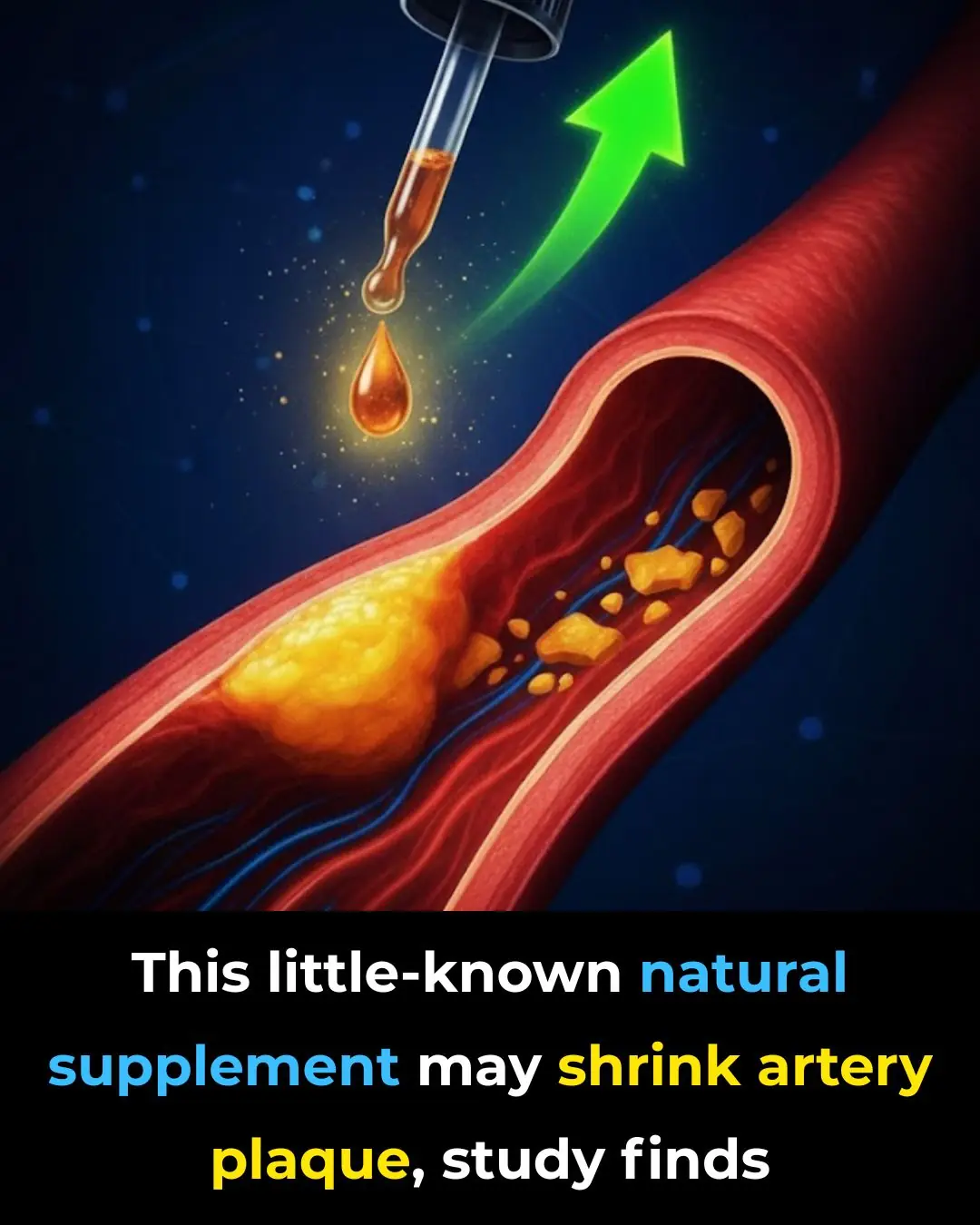
This little-known natural supplement may shrink artery plaque, study finds
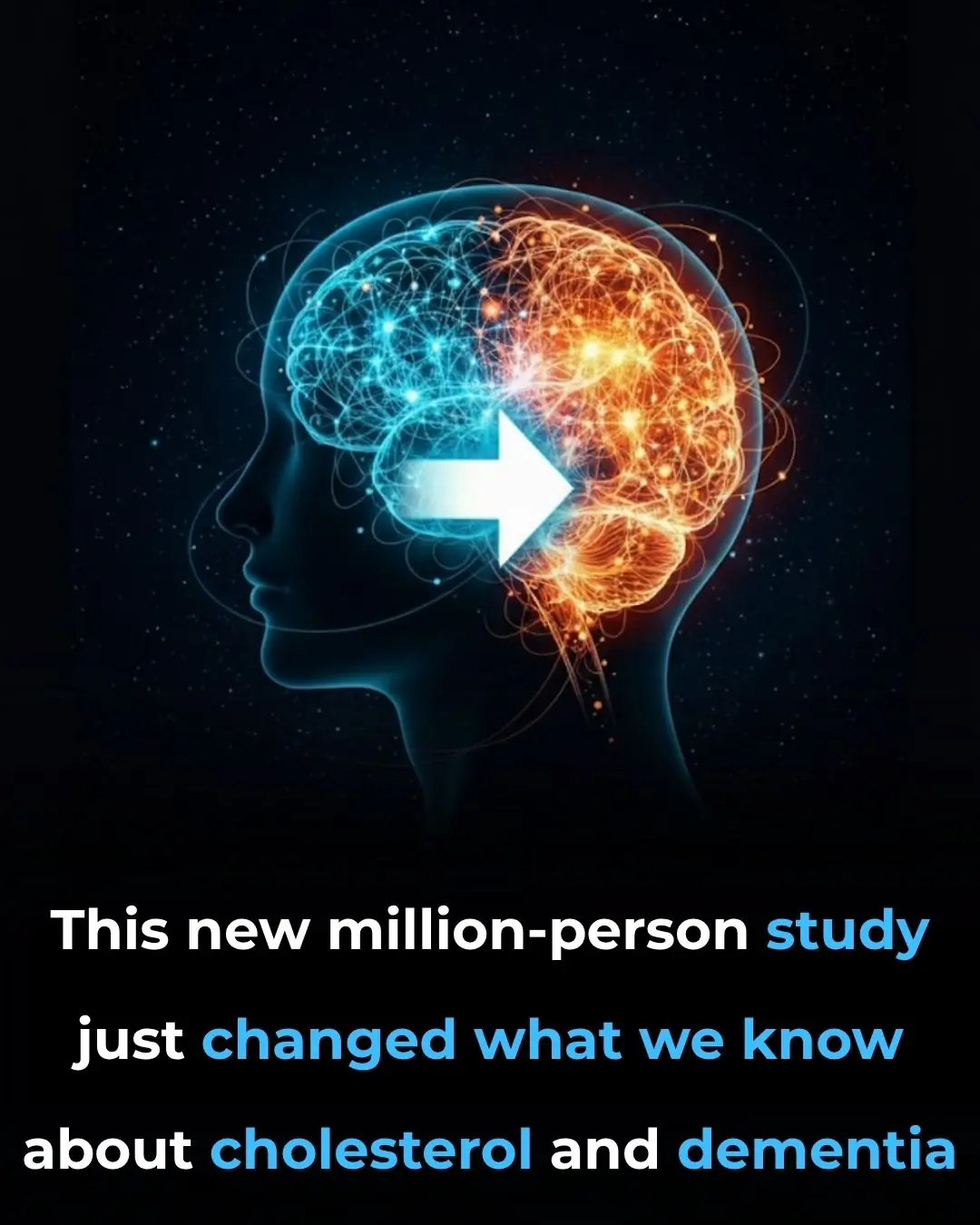
This new million-person study just changed what we know about cholesterol and dementia
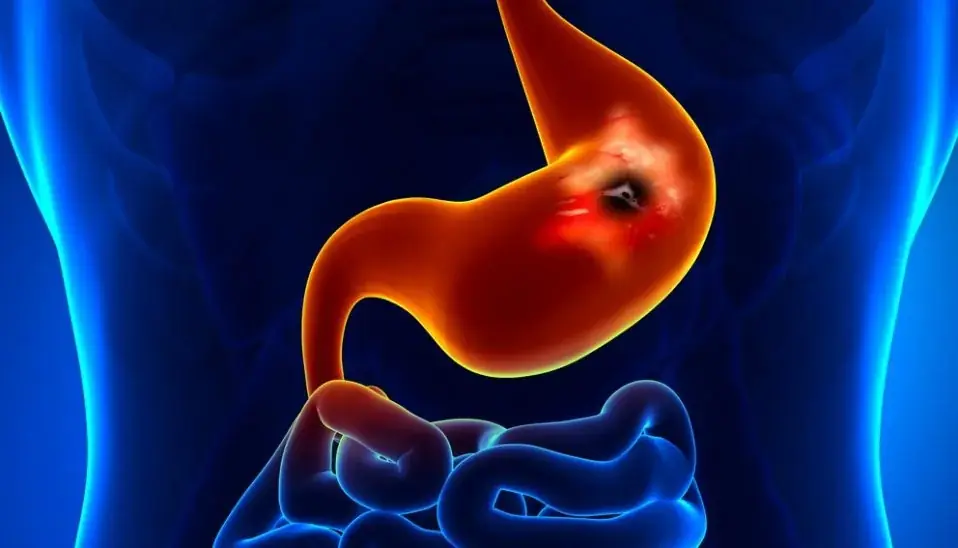
5 Early Warning Signs of Stomach Cancer: Even One Should Prompt a Medical Check-Up

THE MOST OVERLOOKED SIGNS THAT YOU’RE CONSUMING TOO MUCH SUGAR EVERY DAY
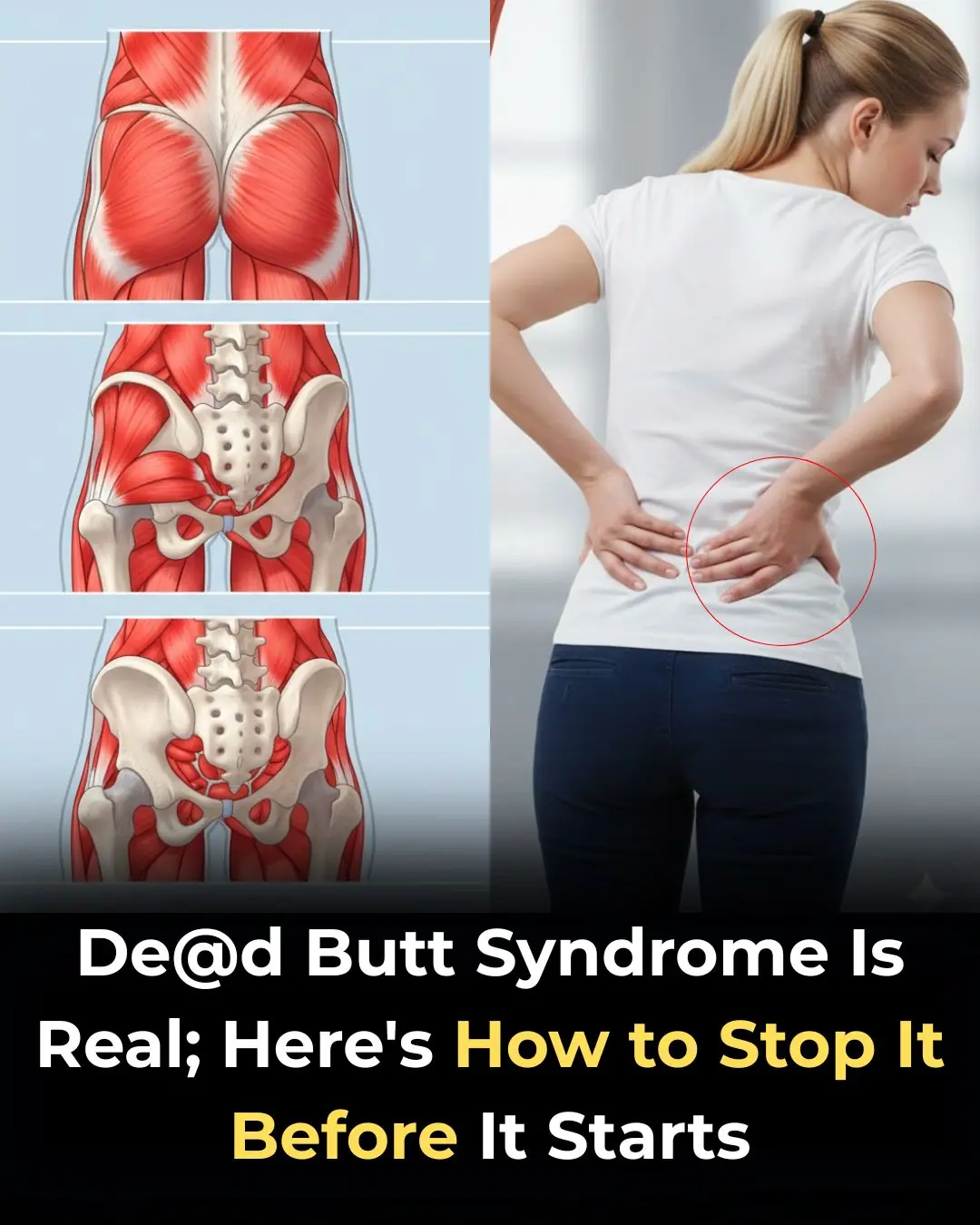
Dead Butt Syndrome Is Real
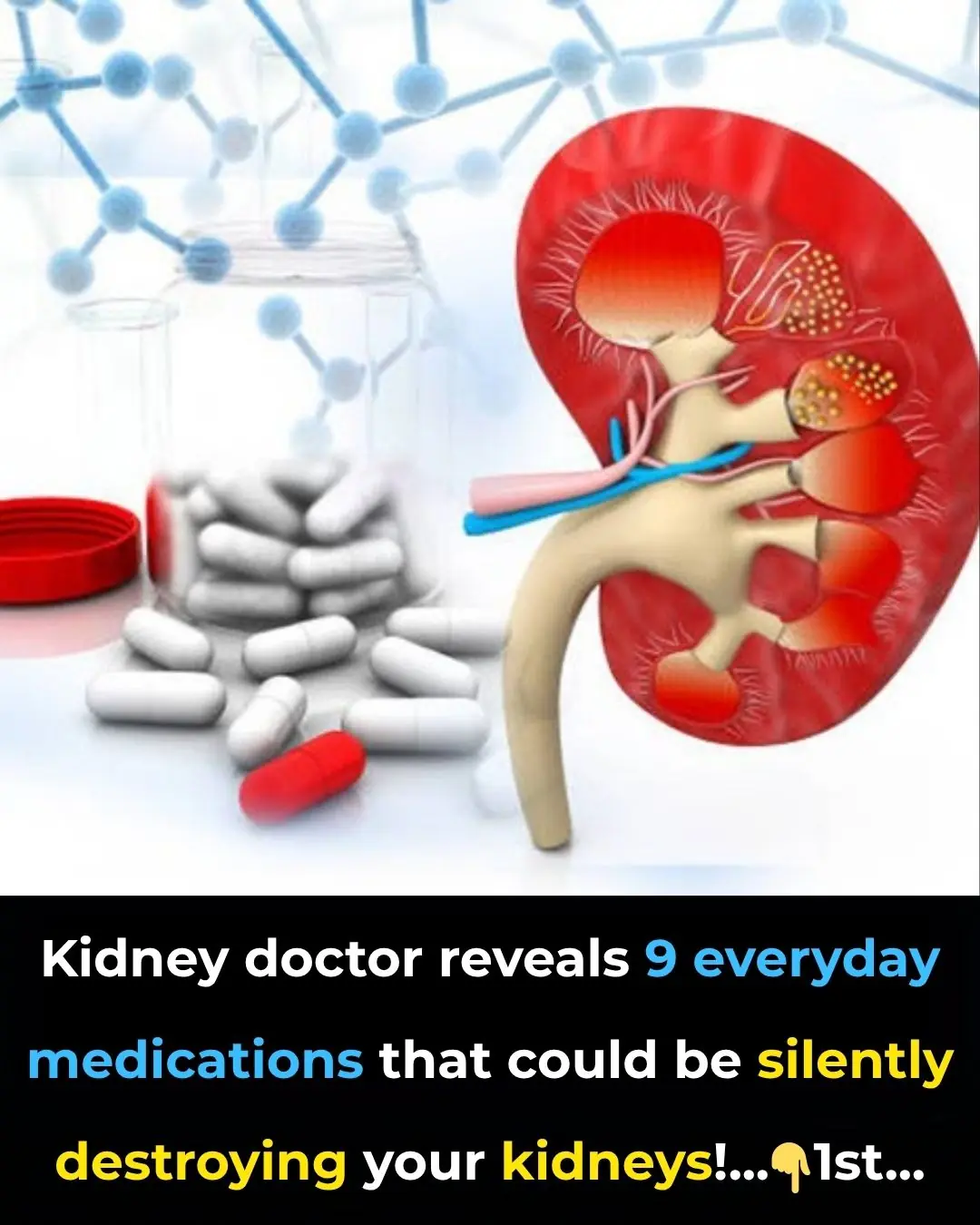
Kidney doctor reveals 9 everyday medications that could be silently destroying your kidneys!
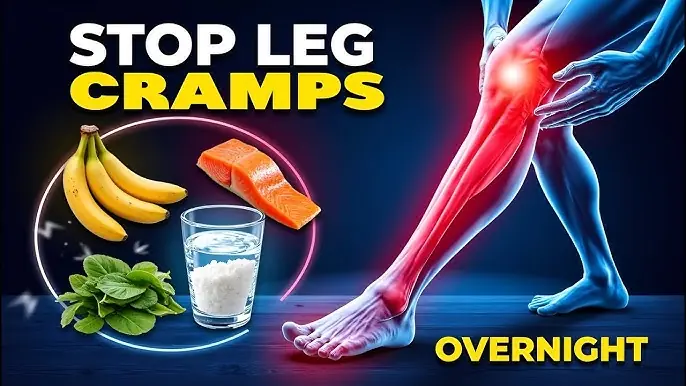
Top 3 Foods to Prevent Leg Cramps in Seniors: Strengthen Your Legs Naturally!
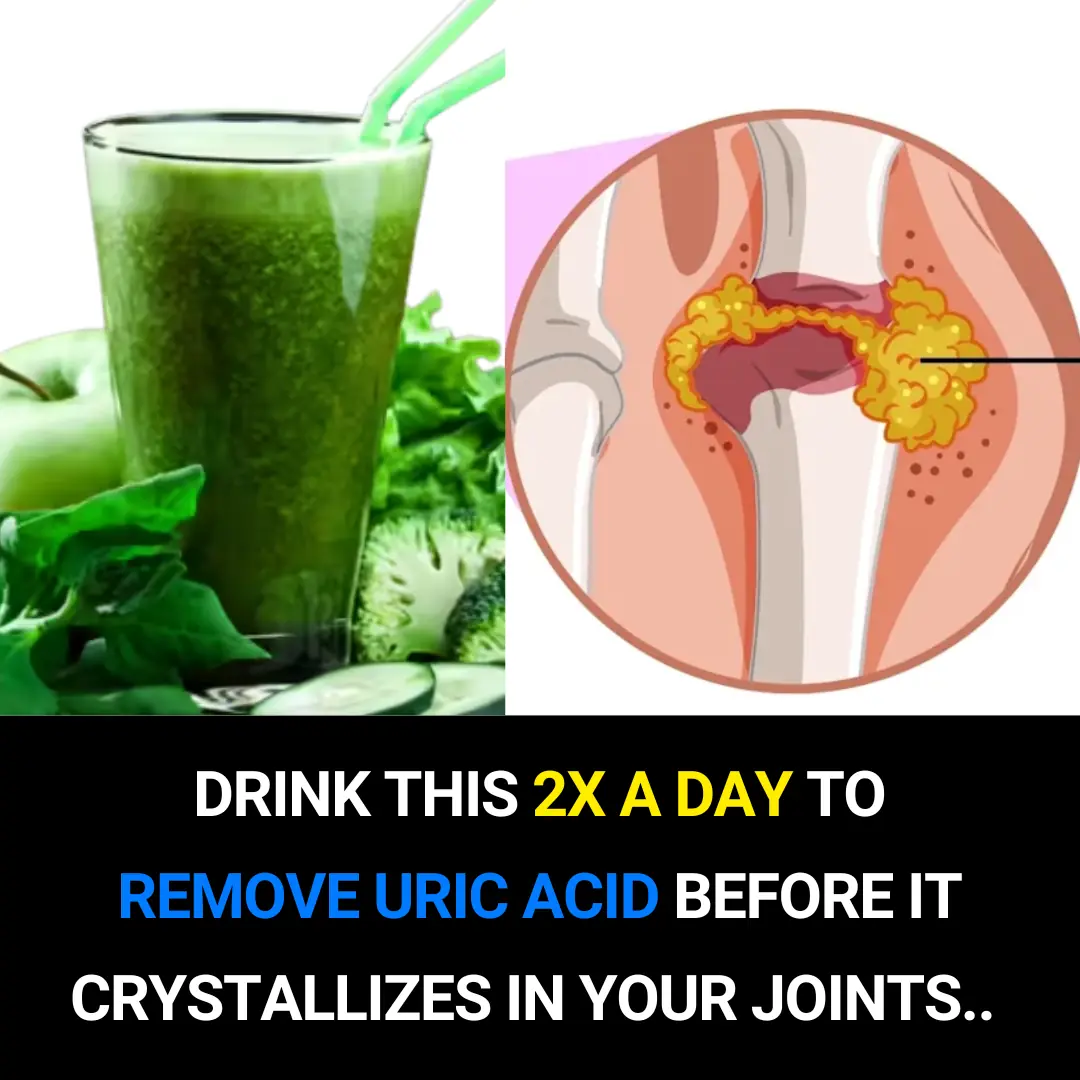
Drink This Twice a Day to Help Remove Uric Acid Before It Crystallizes and Causes Joint Pain

How to Use ¼ Teaspoon of Nutmeg to Fall Asleep and Soothe Insomnia Symptoms Overnight
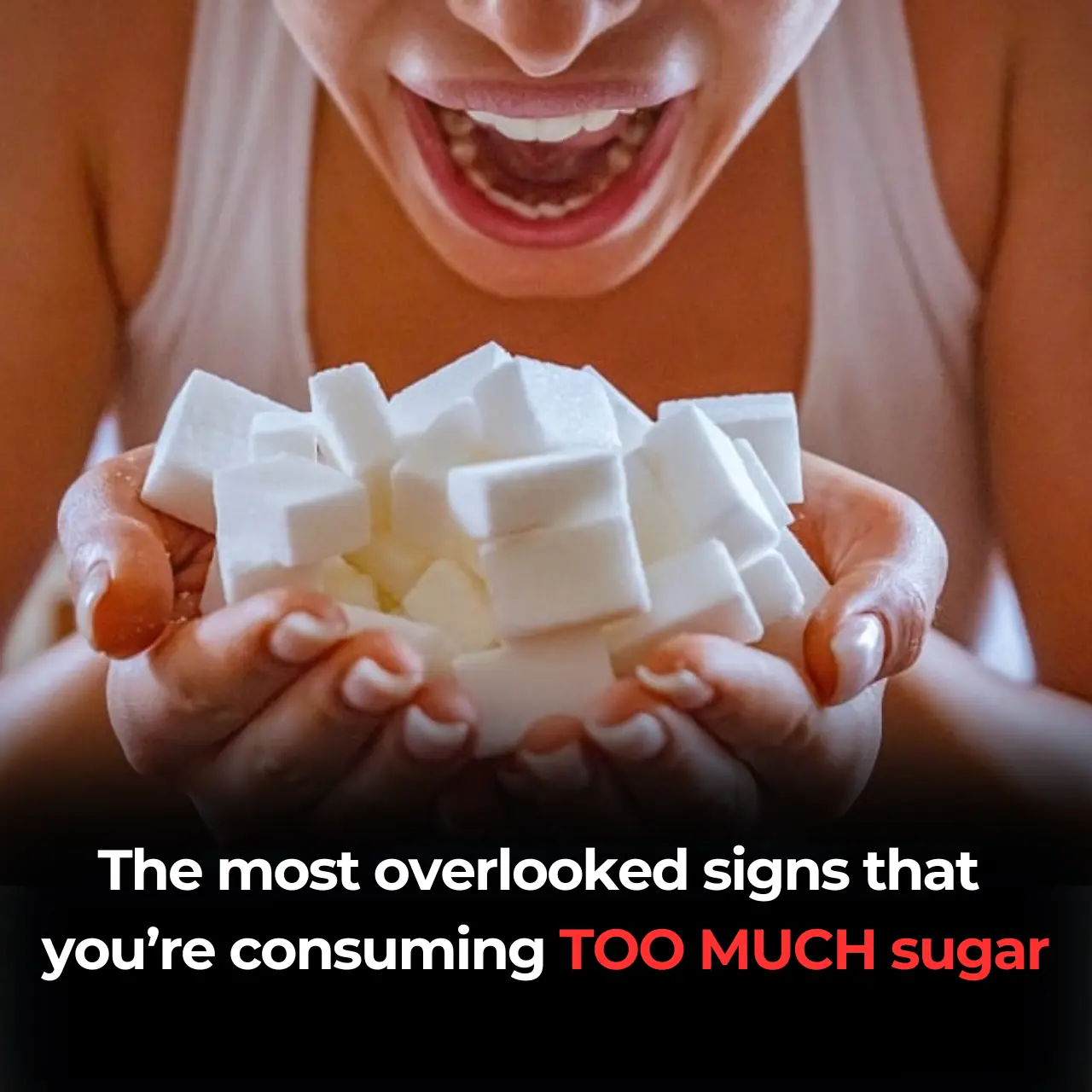
10 Signs you are Eating Too Much Sugar

Three-Food Combo to Strengthen Your Heart
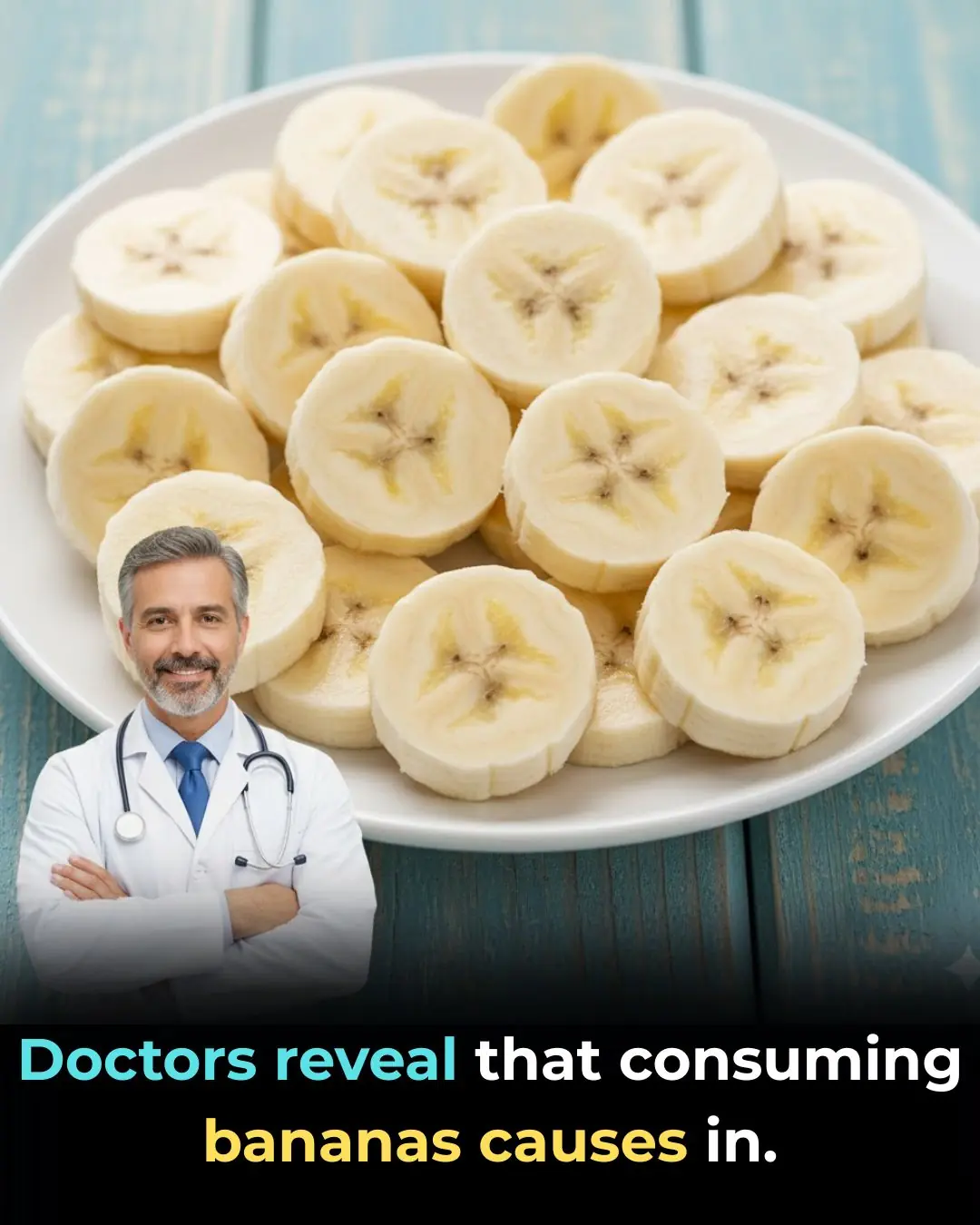
The Hidden Health Benefits of Bananas for Women

Chicken Egg, Garlic, and Honey — You’ll Thank Me for This Simple Recipe
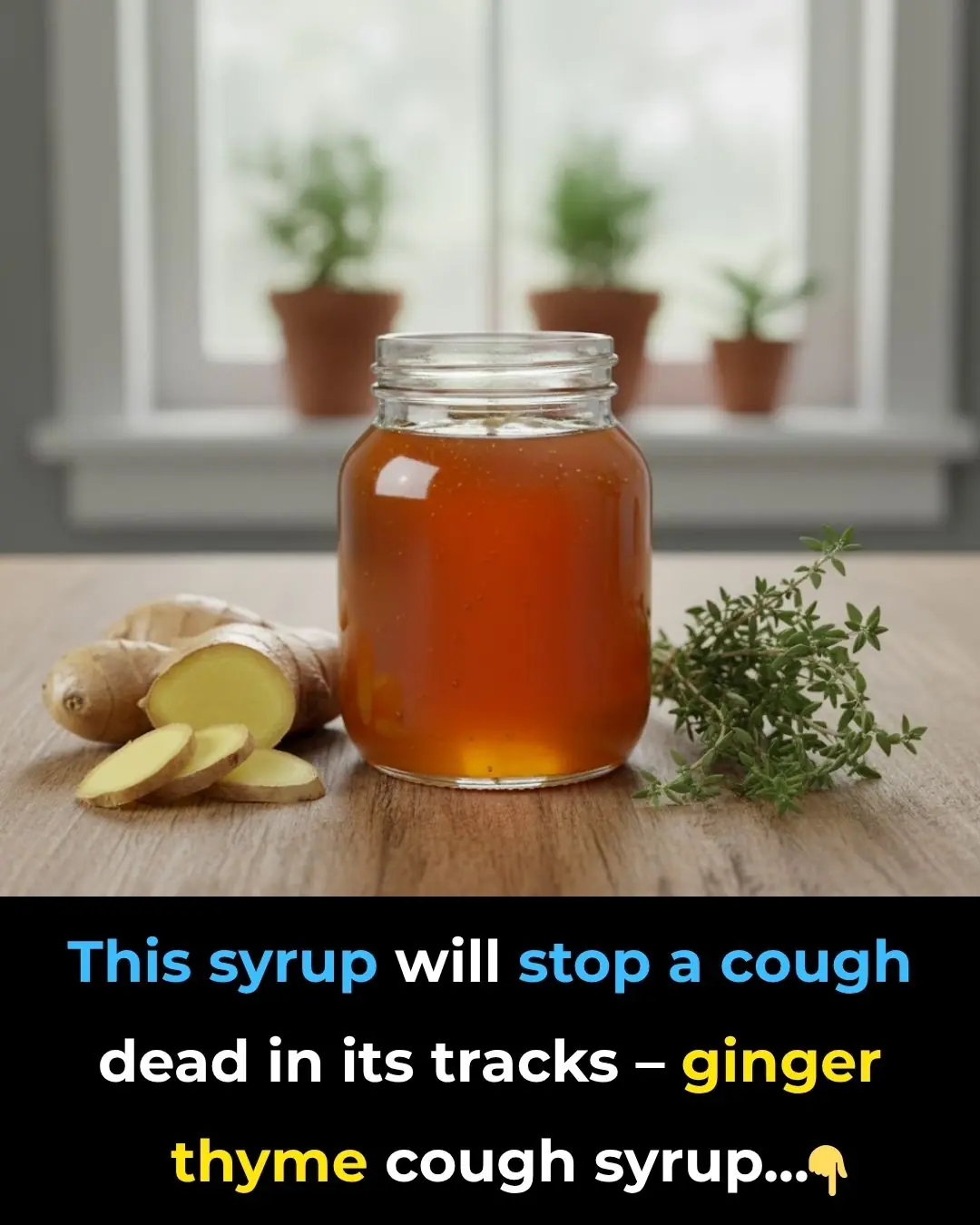
This Syrup Will Stop a Cough Dead in its Tracks – Ginger Thyme Cough Syrup
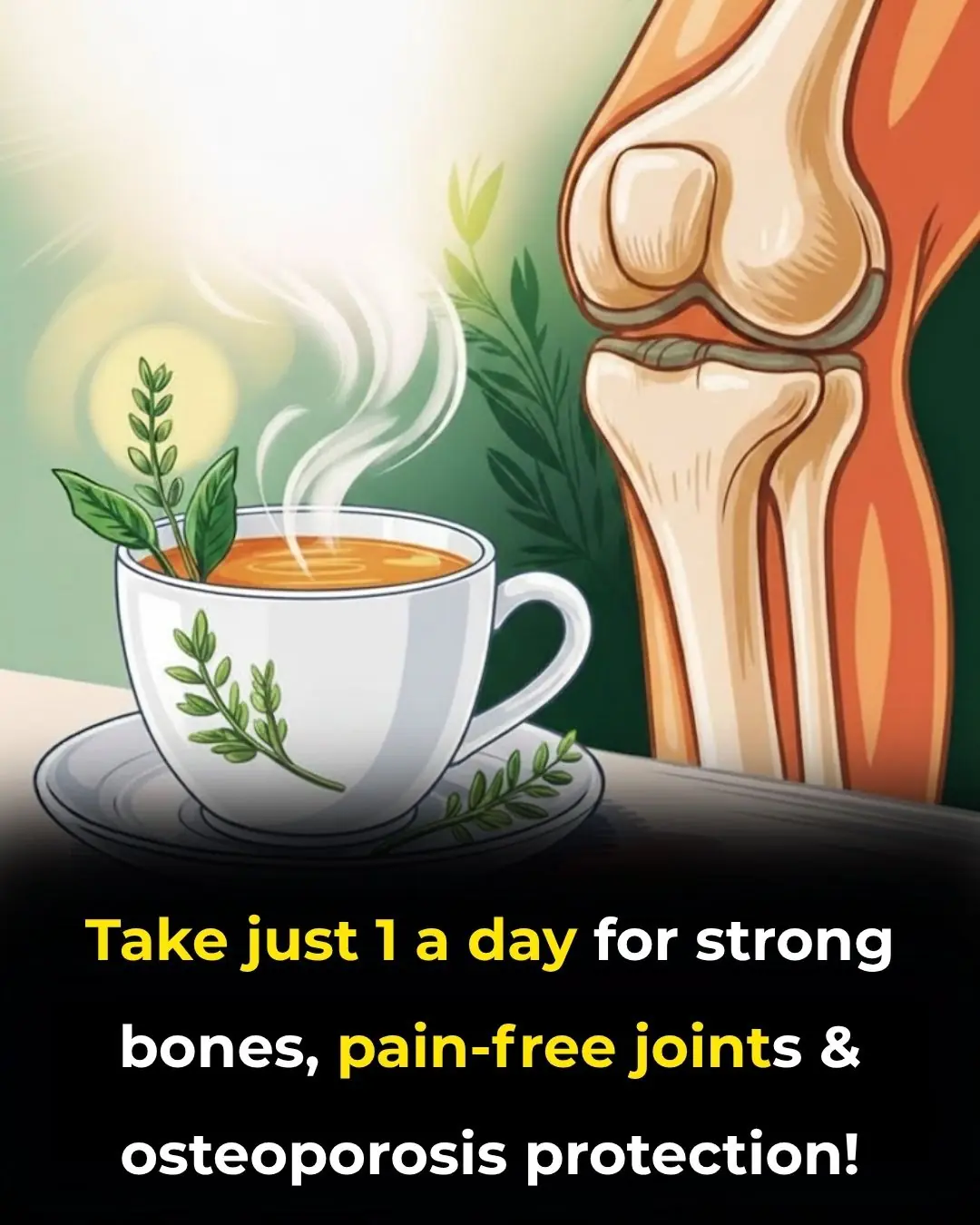
Take just 1 a day for strong bones, pain-free joints & osteoporosis protection!

Similar To Opium: The Best Natural Painkiller That Grows In Your Backyard
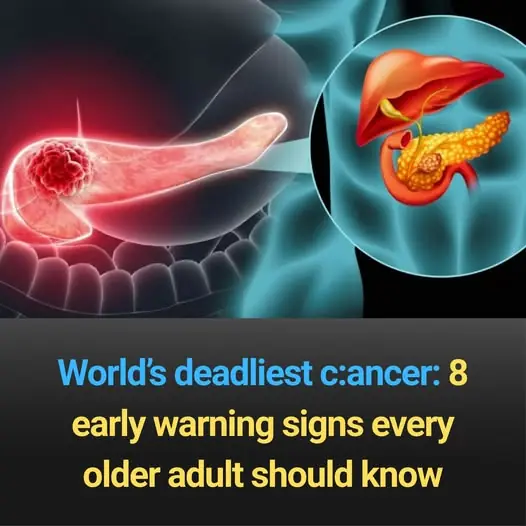
World’s deadliest cancer: 8 early warning signs every older adult should know
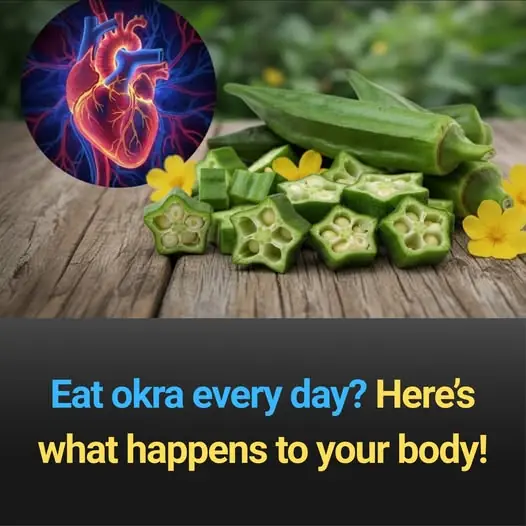
Eat okra every day? Here’s what happens to your body!
News Post

The Lion Who Loved Back: Jupiter’s Final Goodbye.

Don’t Rush to Refrigerate Lemons: This Method Keeps Them Fresh and Juicy for a Whole Year
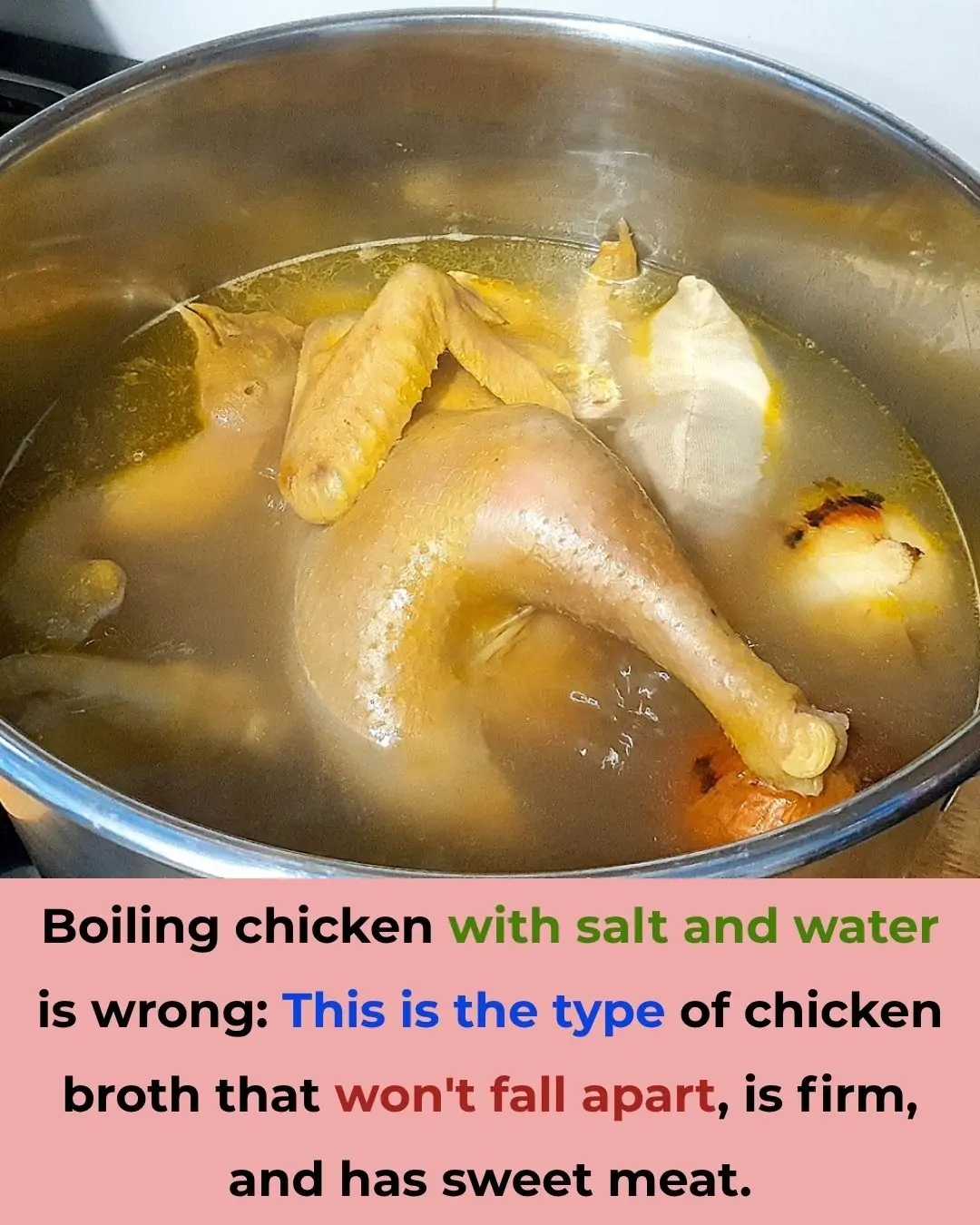
The Right Way to Boil Chicken: This Method Keeps the Meat Firm, Juicy, and Delicious

No Need for Air Fresheners: Keep This in Your Bathroom to Eliminate Odors and Save Hundreds Every Year

Why You Should Keep a Small Bottle of Medicinal Oil in Your Bathroom: Special Benefits Everyone Should Know
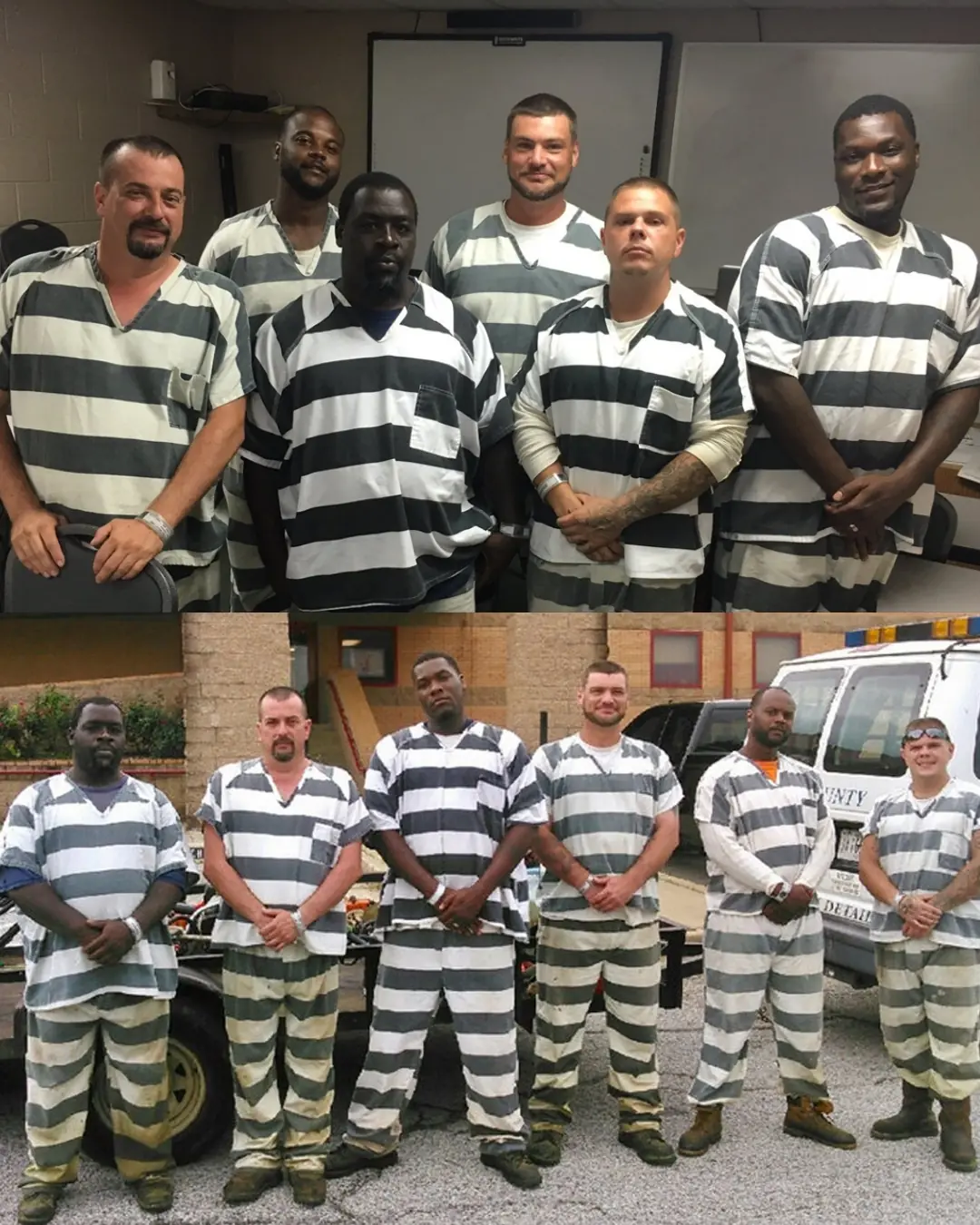
Six Prisoners, One Fallen Officer, and a Choice That Revealed Their True Hearts.

4 Simple Ways to Remove the Bitter Taste from Bitter Melon: Stir-Fry for a Delicious and Nutritious Dish

One Person Washes the Dishes, the Whole Family Gets Sick? 4 Dishwashing Mistakes Everyone Should Stop Immediately
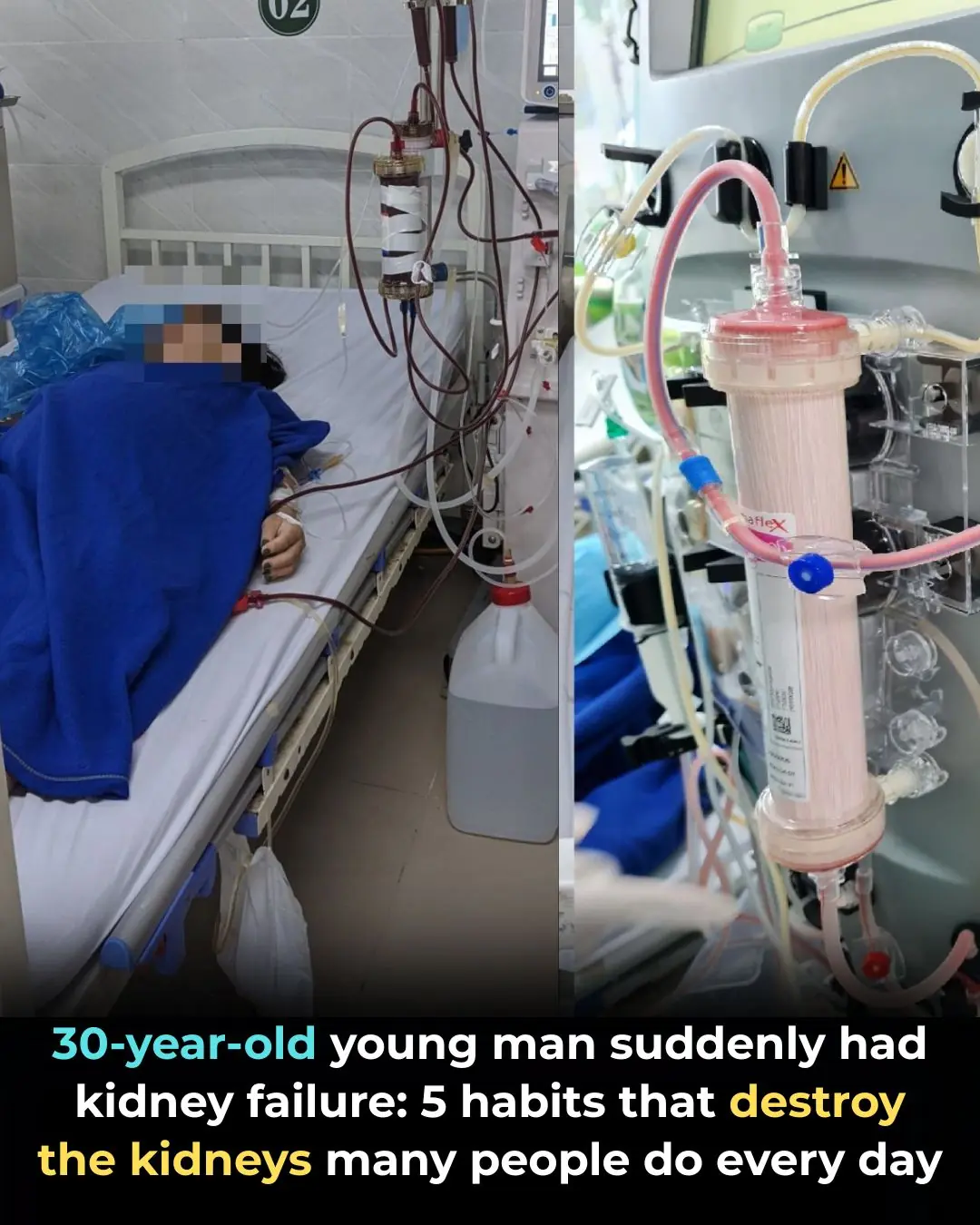
A 30-Year-Old Man Suddenly Developed Kidney Failure: 5 Daily Habits Destroying Your Kidneys Without You Realizing
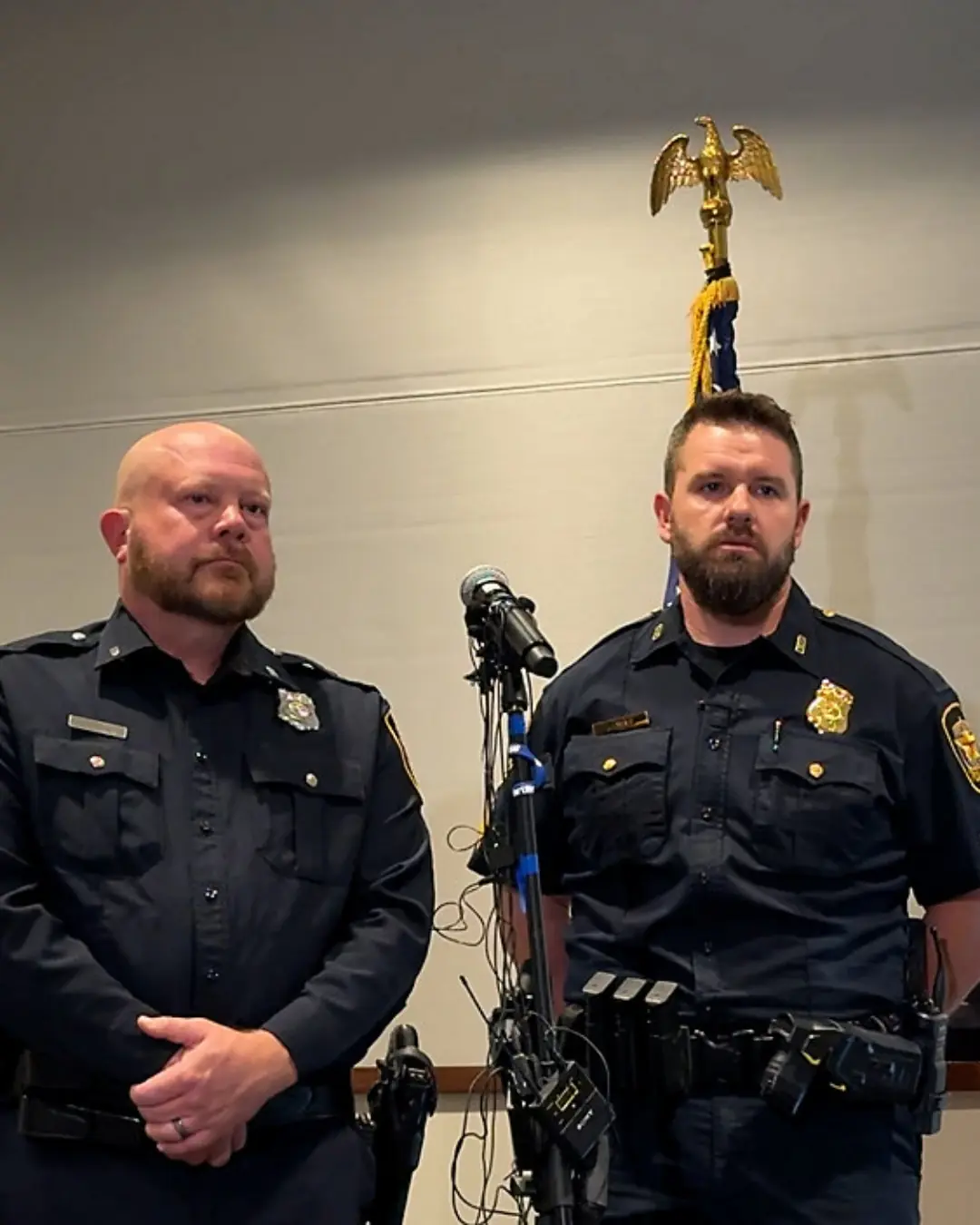
“The Cry That Saved Us”: The Night Two Fort Worth Officers Refused to Give Up.

Women Who Age Faster and Live Shorter Often Do These 4 Things at Night — How Many Apply to You?

A Prom Night 76 Years in the Making.

My Husband Left Me and the Kids at Home on Christmas Eve to Celebrate at His Office Party So We Decided to Pay Him a Visit

A 42-Year-Old Man Died of a Stroke Despite Not Smoking or Drinking — Doctors Shocked to Find the Real Daily “Killer” in His Diet

Doctors Warn: 3 Common Beauty Habits That Many Don’t Realize May Increase Cancer Risks

How to Remove Water Stains from Wood with Mayonnaise

I PAID FOR A STRANGER’S GROCERIES TWO YEARS AGO—AND TODAY, I GOT THIS IN THE MAIL

MY MOTHER-IN-LAW DESTROYED MY DAUGHTER’S GARDEN – I MADE HER PAY THE PRICE SHE NEVER EXPECTED

I THOUGHT THE NEW NANNY WAS AFTER MY HUSBAND UNTIL I REALIZED SHE WAS AFTER SOMETHING MORE PRECIOUS
